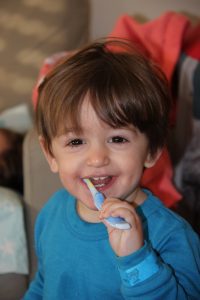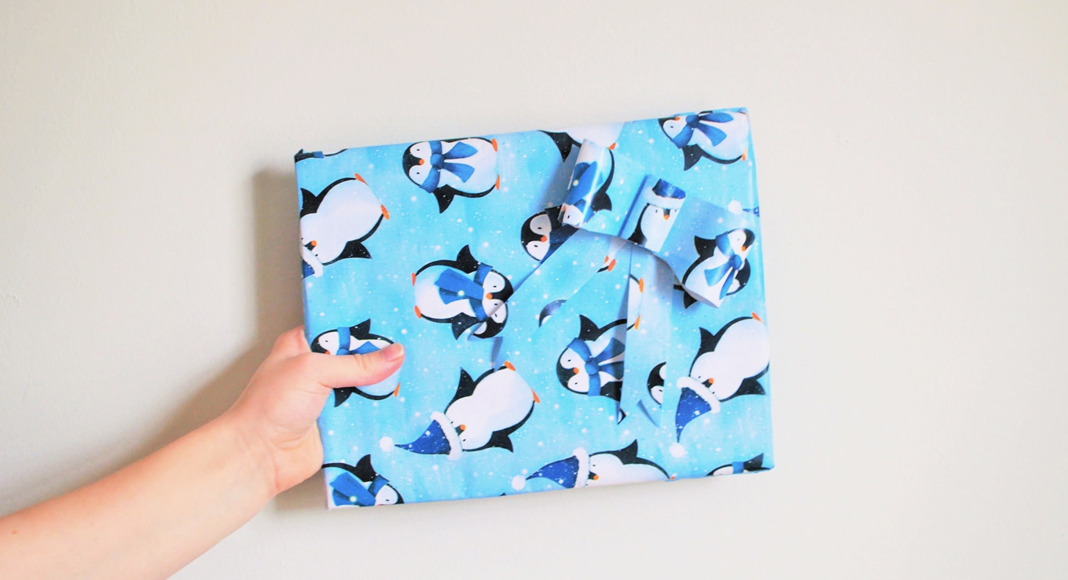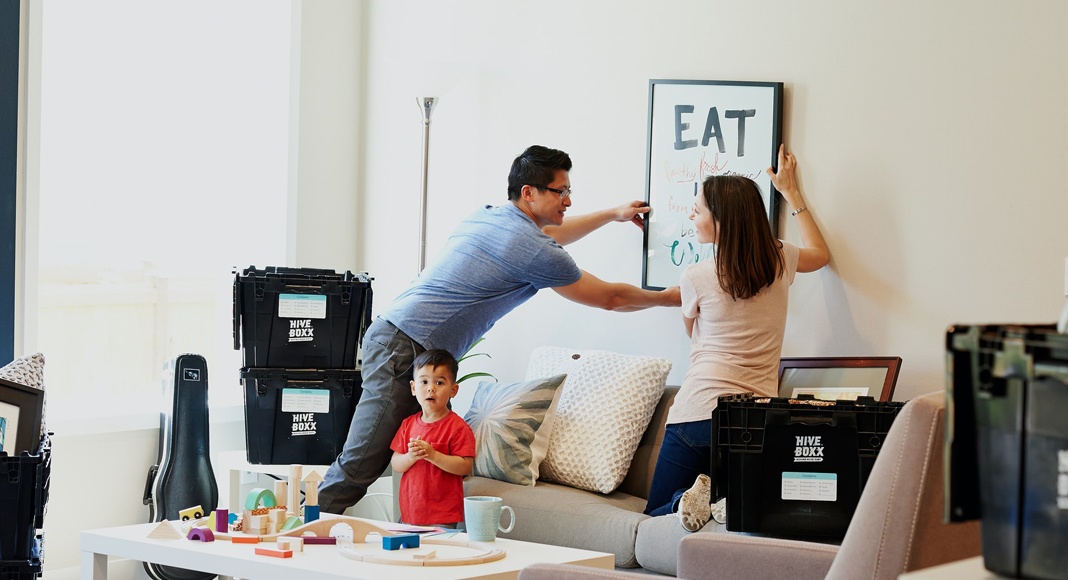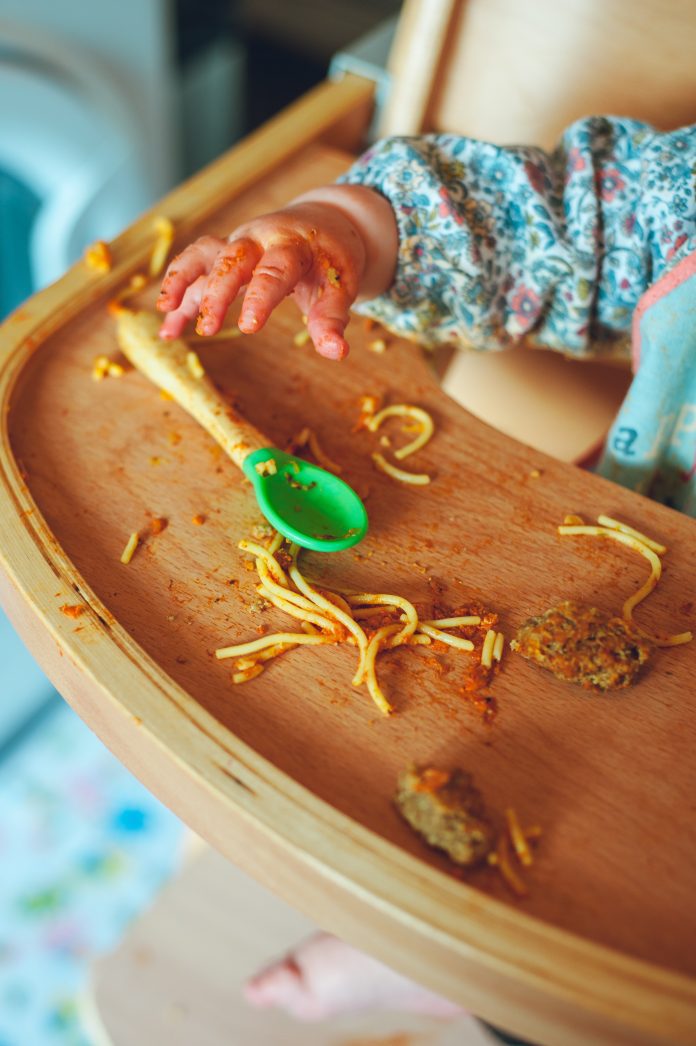Raising strong, independent children is probably the number one goal of most parents. We want our children to be productive, to find a place for themselves in the world, and to make smart choices for themselves far after they are no longer living in our home. The real question is how do we do this? How do we instill in our children independence? Well, the honest truth is children start developing these skills at just a few months old. As we foster their ability to be independent throughout childhood, we are helping to prepare them for their future.
So how do we instill self-help skills and independence in our children? Marti Brooks, MOTR/L, with EIRMC Pediatric Therapies Center gave great advice on what we can do while our children are young to begin fostering a sense of healthy independence.
Self-help skills are one of the biggest ways that children can be independent day-to-day. These self-help skills are usually everyday tasks that your child participates in, such as eating, feeding, grooming, basic hygiene tasks, and dressing themselves.
While children develop at their own pace, there are helpful guidelines as to what is an appropriate milestone for independence in these diverse skills. Keeping our expectations age-appropriate is one of the most important ways we can help children develop self-help skills. Expecting too much or too little from our children will ultimately lead to feelings of failure or a power struggle that doesn’t end well for anyone. By recognizing what children can do independently when given enough time free from pressure, we are helping our children to be set up for success.
Development of Self-Help Skills
All children develop at their own pace, but these ranges provide general guidelines. These guidelines were developed by Bailey Porter, MOTR/L, also a Pediatric Occupational Therapist with EIRMC.
ranges provide general guidelines. These guidelines were developed by Bailey Porter, MOTR/L, also a Pediatric Occupational Therapist with EIRMC.
- Birth – 6 months:
-
- Can hold a bottle independently
- 6 months – 1 year:
- Can hold a bottle independently
- Uses tongue to move food around the mouth
- Feeds themselves small pieces of finger food (around 8-9 months)
- Able to drink from a sippy cup
- Can tolerate a variety of different food textures
- 1 year – 2 years:
- Uses a spoon to feed themselves with only moderate spilling
- Attempts to brush their own teeth, but will still need help for proper oral hygiene
- Helps wash a few body parts during bath time
- Can remove their own socks and shoes
- Pushes arms into shirt sleeves, extends legs into pants
- 2 years – 3 years
- Uses a napkin
- Feeds themselves simple meals using a fork or spoon with minimal spilling
- Drinks from a straw
- Can wash hands with help
- Uses the toilet with assistance and has daytime bladder control
- Unbuttons large buttons
- Can remove clothing, such as unfastened coats and pants
- Assists in pulling on socks
- Able to find the armholes in their shirts
- 3 years – 4 years:
- Able to feed themselves without difficulty
- Can brush teeth independently
- Able to bathe themselves with the exception of washing their own hair
- Tolerates different clothing textures
- Potty trained
- Able to dress, but may still need help with certain fasteners/buttons
- Can put on their own shoes, even if it is on the wrong foot
- Zips and unzips their own jackets
- Can put on mittens
- 4 years – 5 years:
- Potty trained
- Can dress fully, but will still need help with tying shoes
- 5 years – 6 years:
- Only need supervision for thoroughness during grooming and bathing
- Can independently tie shoes
- Packs a bag for outings without assistance
- Opens lunch boxes, zip lock backs, and food packaging without help
- Able to sit at a desk, follow instructions, and complete simple assignments
- 6 years – 7 years:
- Showers independently
- No longer experiences nighttime accidents
- Prepares simple meals such as cereal without help
- 7 years – 8 years:
- Can independently dress, as well as choose weather-appropriate clothing
- Able to complete simple chores
- Prepares simple meals such as a sandwich
If you notice that your child has not met the skills necessary below their current age, contact your child’s physician and ask for a referral to meet with EIRMC’s Pediatric Occupational Therapists. You can also contact EIRMC Pediatric Therapy Center at 208-529-7982 to schedule an appointment for your child to be evaluated by an occupational therapist.
Developing Self-Help Skills at Home
First and foremost, practicing independence when you need to leave the house quickly is not a good time for anyone. Instead, make sure that you are giving your child enough time to be successful. While we as fully functioning adults can put on our socks and shoes in no time, a child just learning this skill will need longer than you might expect. Be patient and prepare for the extra time needed. A busy day is not great for practicing these skills (as every mom trying to get her kids out the door already knows).
Find a practical way of using the skill without pressure such as playing dress-up or putting socks and shoes on a stuffed animal or doll. Practicing the skill as a game can help children develop confidence in completing the task themselves. A child’s job is to play, so try to find ways to make the event play-based. How can you turn brushing their teeth or doing their hair into a game? If your child is showing interest in a skill, give them time to explore and problem-solve that skill as a game.
If your child cannot successfully complete the entire task on their own, encourage them to do the parts that they can accomplish. It does not have to be all or nothing. For example, your child may not be able to tie their own shoes, but that doesn’t mean that they can’t put the shoes on their feet. Analyze what your child is able to do successfully and let them do those parts, while also encouraging them to try the next step themselves. By breaking down tasks and recognizing these small victories, children are able to have exposure to more complex tasks.
Modeling tasks for children is also important. Showing your child how to properly do the Velcro on their shoes, how to put on deodorant, or how to brush their teeth can help your child process the task better. Our brains are built to copy, so by providing a model (sometimes multiple models), your child will be better able to figure out the process and plan for how they are going to accomplish a task. They are sponges, after all!
For older children who may need some assistance, try using visual timers or setting a timer on your phone. This can help children recognize the length of time they should be brushing their teeth, or how long a reasonable shower is. It can also help you keep children accountable for performing the tasks that they are responsible for, such as basic chores or getting themselves ready for school in the morning.
 Lastly, with independence comes messes. Allowing your child to practice feeding themselves right before bath time is a great way for them to work on independence while also keeping the mess manageable. Toothpaste may get dropped in the sink, dirt might be tracked through the house, and cups might be spilled. Recognizing that these small inconveniences are part of the grand scheme of independence can help put into perspective why on earth we would give a child an open cup.
Lastly, with independence comes messes. Allowing your child to practice feeding themselves right before bath time is a great way for them to work on independence while also keeping the mess manageable. Toothpaste may get dropped in the sink, dirt might be tracked through the house, and cups might be spilled. Recognizing that these small inconveniences are part of the grand scheme of independence can help put into perspective why on earth we would give a child an open cup.












